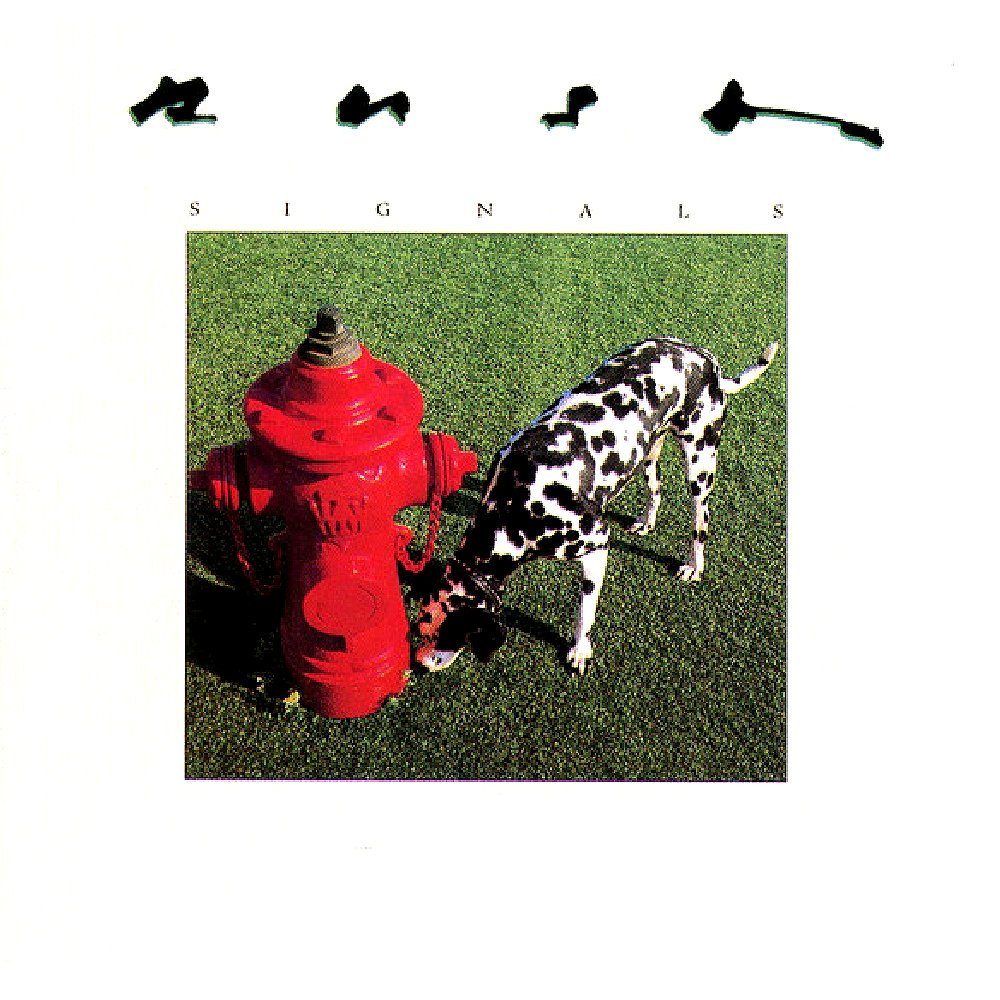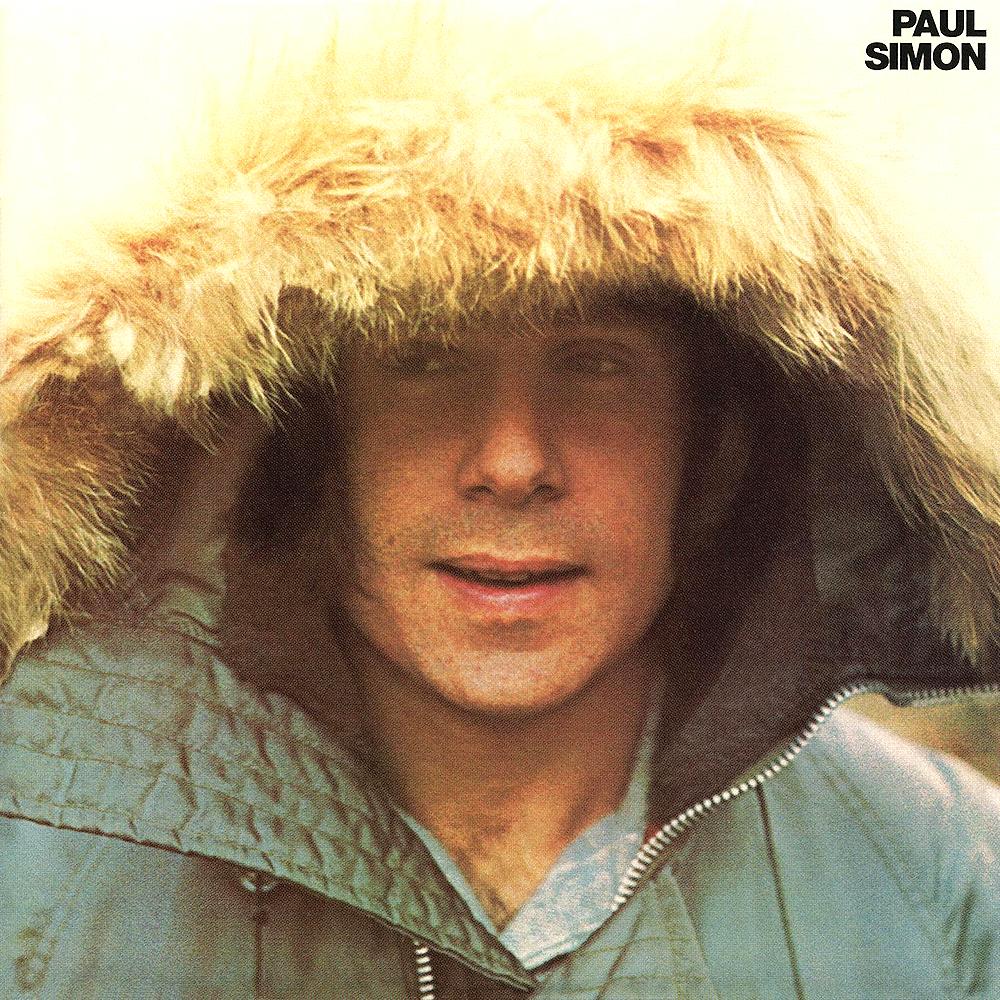
Album Information:
Album ID: 9603
Rush - Signals
Label: Mercury
Catalog Number:
810 002-2
Release Date:
September 9, 1982
1. Subdivisions 5:33
2. The Analog Kid 4:46
3. Chemistry 4:56
4. Digital Man 6:20
5. The Weapon 6:22
6. New World Man 3:41
7. Losing It 4:51
8. Countdown 5:49


 Last Played: 12/23/24 03:33 PM
Last Played: 12/23/24 03:33 PM Last Played: 12/23/24 03:24 PM
Last Played: 12/23/24 03:24 PM